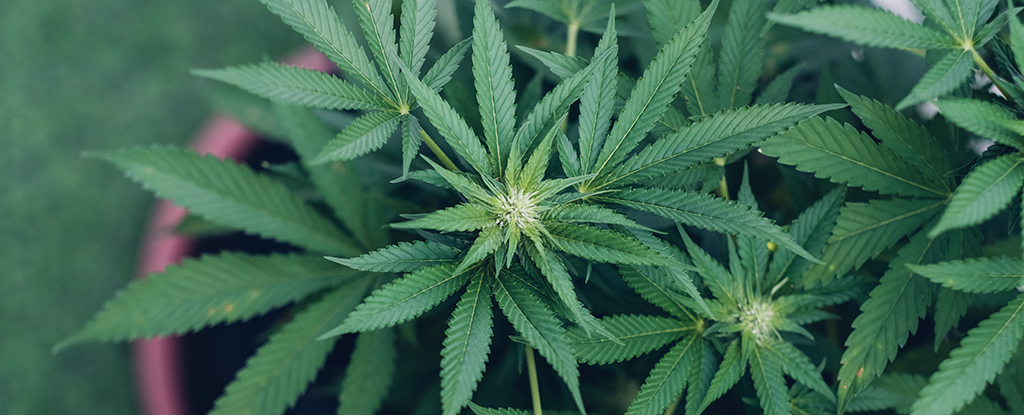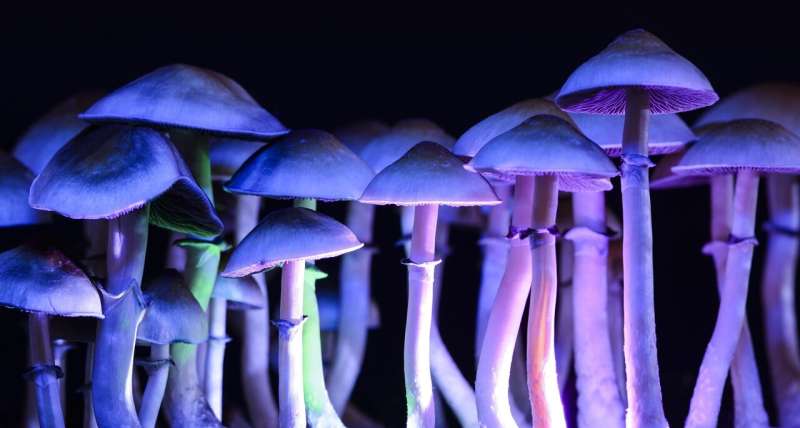Misc. news stories

Dennis McKenna and anthropologist Wade Davis are working together to organize a movement dedicated to ending the vilification of the coca plant, and the persecution of its consumers.

The book “Norell and Strange” offers a compelling allegory for the psychedelic industry, especially in its relation to mysticism and magic.
A recent study published in the journal Dreaming sheds new light on the relationship between near-death experiences and dreaming. The research found that individuals who have had a near-death experience (NDE) report more frequent and vivid dreams, including lucid dreaming, out-of-body experiences, and even precognitive dreams, compared to those who have not come close to death.

A direct comparison between the experimental psychedelic drug psilocybin and a standard SSRI antidepressant shows similar improvement of depressive symptoms, but that psilocybin offers additional longer-term benefits. The work is presented for the first time at the ECNP Congress in Milan. A related paper will appear in the journal eClinicalMedicine to coincide with the conference presentation.

Scientists have discovered what they call a ‘third state’ between life and death, where some cells of an organism survive even after the organism dies. They don’t just survive – they develop new capabilities they didn’t have in the organism’s life, according to a study published in the Physiology journal.
A recent study published in Translational Psychiatry adds a new layer to this understanding by investigating how ketamine impacts brain function, specifically focusing on high-order interactions in brain activity.

Tetrahydrocannabinol (THC), the main active ingredient in cannabis, has been shown to reverse conventional signs of brain aging in mice – a discovery that could help in finding ways to keep our brains healthier and sharper for longer as we get older. The research has been published in ACS Pharmacology & Translational Science.
A recent study published in Clinical Pharmacology & Therapeutics challenges conventional wisdom about the interaction between cannabidiol (CBD) and tetrahydrocannabinol (THC), revealing that it may be not only incorrect but actually the opposite of what is commonly believed.

High doses of psilocybin—the active ingredient in magic mushrooms—appears to have a similar effect on depressive symptoms as the selective serotonin reuptake inhibitor (SSRI) drug escitalopram, suggests a systematic review and meta-analysis published in The BMJ on the 21st of August.
A recent research published in the journal Heliyon suggests that LSD might modulate how the brain processes pain. The study reveals that LSD can alter the brain’s pain neural network, offering potential insights that could influence future research in cognitive science and pharmacology.
A new neuroimaging study has revealed how the powerful psychedelic N,N-dimethyltryptamine, commonly known as DMT, alters the brain’s primary visual cortex, potentially explaining the intense visual distortions experienced by users. The findings arde published in NeuroImage.

New research from the University of Southern California shows that cannabis might help some people stop or cut down on their opioid use.
Ketamine treatment not only alleviates symptoms of treatment-resistant depression but also enhances social pleasure and empathetic behaviors, according to new research published in the American Journal of Psychiatry.

Some with terminal cancer have said psilocybin helped them confront death. But how that happens is still unclear
New research has found that psilocybin reduces alcohol consumption in rats by altering specific brain pathways, particularly in the left nucleus accumbens…The study has been published in the journal Brain.
In a new study published in the journal Molecular Psychiatry, scientists have used sophisticated imaging techniques to explore the neural underpinnings of these eyes-closed visual experiences, offering new insights into visual perception and imagery.








